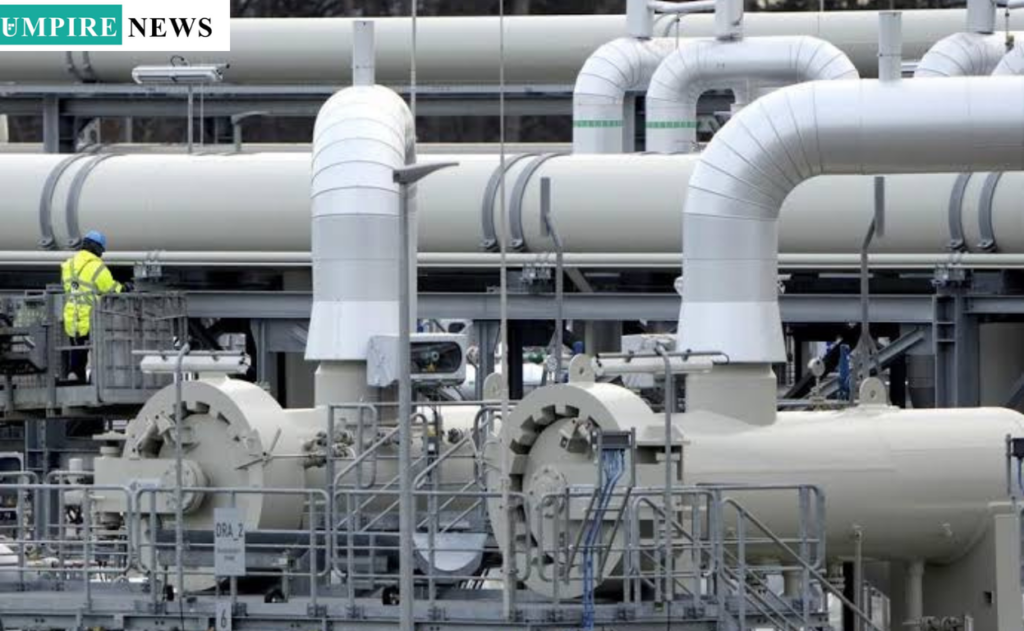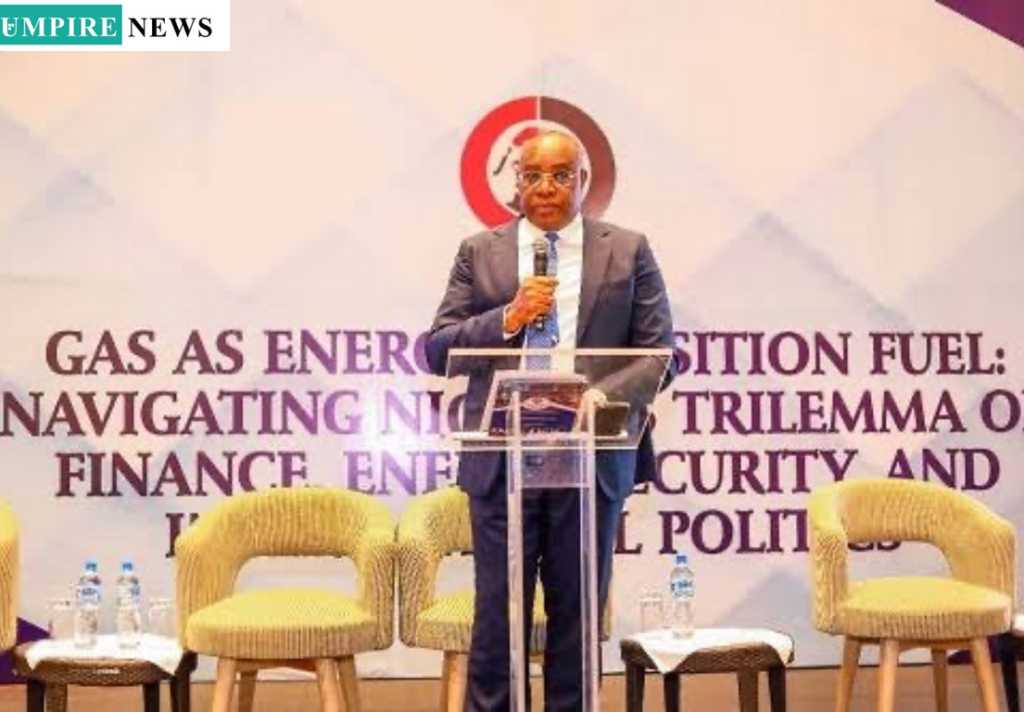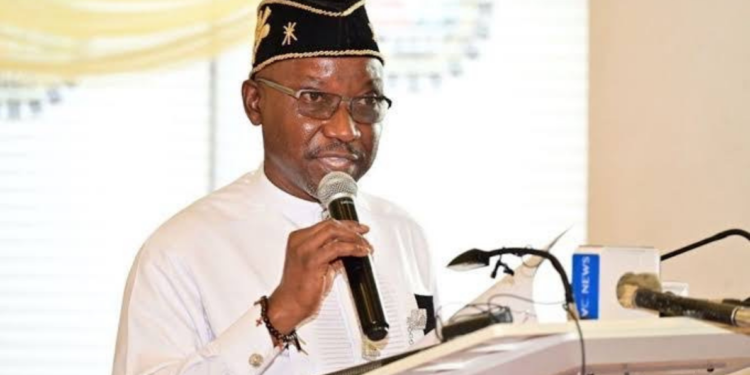The federal government has announced substantial efforts aimed at unlocking investment opportunities in Nigeria’s gas sector as a critical part of addressing the financial challenges facing the country’s energy landscape.
With the global energy market becoming increasingly competitive and the local economy grappling with financial strain, the government is focusing on harnessing Nigeria’s abundant natural gas resources to not only alleviate domestic energy challenges but also improve the country’s global positioning in the gas market.
The Minister of State for Petroleum Resources (Gas), Ekperikpe Ekpo, recently revealed one of the most pivotal developments in Nigeria’s gas sector: the upcoming Gas Sales Purchase Agreement (GSPA) for the Brass Methanol Project.
According to Ekpo, this project is set to inject an impressive $3 billion into the country’s gas industry, marking a significant investment that will transform the sector.

He made these remarks during the 2024 Strategic International Conference of the Association of Energy Correspondents of Nigeria in Lagos.
In his speech, Ekpo highlighted the multiple benefits that this investment would bring to Nigeria.
The project is expected to not only boost Nigeria’s standing in the global gas market but also have a significant impact on the local economy.
By creating jobs and expanding the country’s industrial capacity, the Brass Methanol Project is set to be a game-changer in Nigeria’s quest for economic growth through its natural resources.
“We are well aware of the financial challenges involved in driving energy development in Nigeria, particularly in the gas sector. However, we are making significant strides in unlocking investments.
“One major milestone is the forthcoming Gas Sales Purchase Agreement (GSPA) for the Brass Methanol Project, which will inject $3 billion into Nigeria’s gas industry.
This investment will not only enhance Nigeria’s position in the global gas market but also stimulate the local economy by creating jobs and expanding our industrial base,” Ekpo stated.
This initiative is seen as part of the government’s broader strategy to harness Nigeria’s vast natural gas reserves, which, according to Ekpo, provide an environmentally friendlier alternative to other fossil fuels.
He emphasized that gas offers Nigeria a unique opportunity to address pressing domestic energy challenges while positioning itself as a key player in both local and international markets.

Gas, being a more sustainable energy source, is also critical in supporting Nigeria’s ongoing efforts to transition towards cleaner energy sources and meet its global carbon emission reduction commitments.
“In Nigeria, we have abundant natural gas, which is more environmentally friendly than other fossil fuels, and offers a crucial opportunity to serve both domestic and international markets.
“It is through gas that we can address our energy access challenges, power our industries, and improve the standard of living for our people. But it also provides us with the flexibility to meet our global commitments to reduce carbon emissions, making it a vital component in our transition to cleaner energy,” Ekpo added.
The Brass Methanol Project is part of a larger governmental initiative aimed at addressing the critical financing and infrastructure gaps that have long hindered the growth of Nigeria’s gas sector.
A major step in this direction has been the implementation of the Petroleum Industry Act (PIA) 2021, which has been instrumental in the development of regulatory frameworks that foster investment in the gas industry.
As part of this, the government has established the Midstream and Downstream Gas Infrastructure Fund (MDGIF), which aims to bridge financing gaps and ensure the efficient development and delivery of gas resources to both domestic and international markets.
Ekpo emphasized the importance of this fund in addressing the infrastructure challenges that have limited Nigeria’s ability to fully capitalize on its gas reserves.
The Midstream and Downstream Gas Infrastructure Fund (MDGIF) will play a vital role in ensuring that Nigeria’s gas resources are adequately developed and brought to market, addressing both domestic energy needs and export opportunities.
“This will go a long way in ensuring that our gas resources are efficiently harnessed and delivered to the market,” he stated.
With Nigeria holding one of the largest proven gas reserves in Africa, the country’s potential for growth in this sector is immense.
The government’s focus on investment and infrastructure development in the gas industry is expected to not only revitalize the energy sector but also have a ripple effect across other industries, creating employment opportunities and driving industrial expansion.
This, in turn, will contribute to improved energy access for the Nigerian population, a more robust economy, and a more sustainable future.
Nigeria’s push to attract major investments in its gas sector, such as the $3 billion from the Brass Methanol Project, signals a clear determination to tackle its energy and financial challenges head-on.
This strategic move also demonstrates the government’s commitment to leveraging the country’s vast natural gas reserves to foster both domestic growth and enhance its international energy profile, while keeping an eye on environmental sustainability and the global energy transition.

































